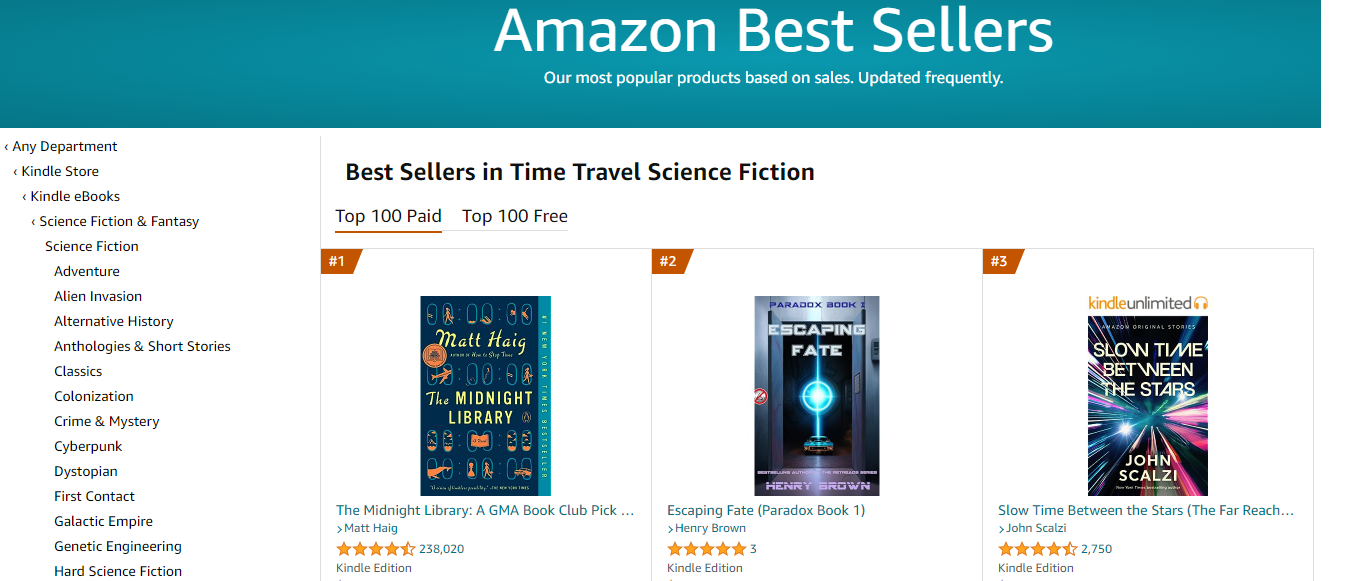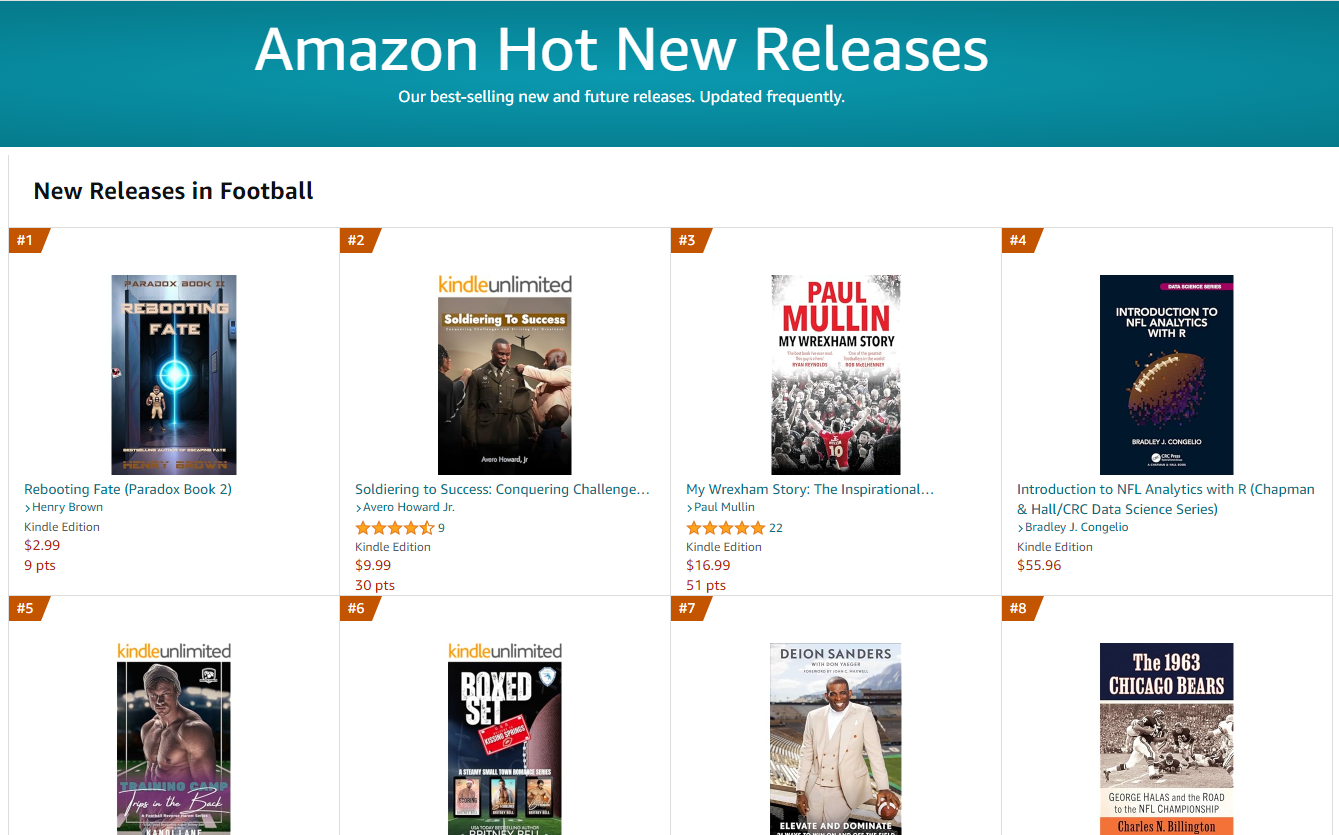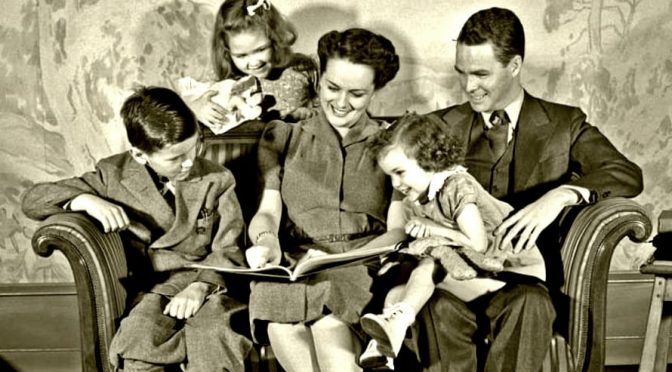If you’re like me, you barely notice when Father’s Day comes around. A good wife will remind you, and maybe do something nice for you on that day, otherwise, we’d probably never know.
So many men today grew up without fathers—sometimes literally. For those of us who were fortunate enough to know ours, quite often we saw our fathers only sporadically as part of a custody arrangement. Even before our parents’ divorces, our fathers were physically absent often, and emotionally absent otherwise. They weren’t all that interested in us once we were no longer cute little toddlers—if they even were then.
Then we felt guilty if they ever made an effort to take an interest in us for a little while, because by then we knew they had a lot to do that was far more important than us.
Beyond that, some fathers were abusive, in one way or another.
There’s a whole generation of us out here now, trying to behave differently than our own fathers did, and giving our kids the advantages we never had. If you’re like me, even though all that is behind you and you’re doing the best you can with the cards you were dealt, you often reflect on your younger years and wonder if you might have made better decisions had you enjoyed the benefit of a dad who tried to prepare you for what life had in store.

Before I first began writing Paradox, I wanted to tell a fun men’s adventure tale that involved time travel. Then, while the idea germinated, I couldn’t help speculating on some “what if”s:
When I was a young man, what if I knew what I know now? What if I had a role model to clue me in on life, so I didn’t have to learn everything the hard way? What could I have accomplished if even a few of my ignorant decisions were never made?
In Book One of the Paradox Series, our hero is just about to enter puberty, going through life like many of us did at that age, with no dad, assuming that our single mothers and the culture at large were guiding us competently on the path to manhood. And doomed to a series of failures, defeats, bewilderment and disillusionment over how nothing works the way we were told it would.
Our hero encounters a mysterious uncle who begins to turn his life onto a new path right away. Out of all the advantages this new role model provides, perhaps the most valuable is the wisdom of how to deal with other people in general, and females in particular.

Paradox follows the hero from his pre-teen years into his late 20s. There are four books in the series published so far. The fifth one releases on Father’s Day (Sunday 6/16/24). Of the reviews these books have received so far, the consensus is that they’re full of wisdom that boys and men need, but mostly, they’re fun.
Check ‘em out!
Book 1: Escaping Fate
Book 2: Rebooting Fate
Book 3: Defying Fate
Book 4: Provoking Fate
Book 5: Resisting Fate


I had the good fortune to be raised by a father who passed 3 years ago. To think of the so many souls who never get to have a father to love them and guide them in their lives is truly sad.
I could kinda’ tell you were raised right.
Yeah, it’s sad. Especially when it comes to raising our own kids with no good example to look back on and draw from.
This article feels as if it was written for me, especially the part about an emotionally absent father and realizing you had to learn everything the hard way.
I’m in the interesting position of facing my first Father’s Day as a father (my daughter was born late last December) *and* my first Father’s Day without my own father (who died very suddenly last month).
I never really knew my father–even when he was physically there, he was emotionally aloof and absent–and I had to figure out life, manhood, and responsibility on my own.
Somehow, following the pole-star of excellence and personal responsibility allowed me to create a life I love, and now I’m happily married and the father of a beautiful baby girl.
The funny thing, though, is that the one possibly redeeming aspect of my childhood was books. I grew up with the Redwall series by Brian Jacques, and now I’m reading it to my daughter.
Another boyhood favorite was Call it Courage, by Armstrong Sperry: it’s the beautifully written adventure story of a Polynesian youth who faces his fear of the ocean by sailing into the unknown with his dog and his pet albatross.
This is becoming an essay, so I’ll conclude by saying that there’s enormous value in sharing our book recommendations to help children and young people.
And on that note, I’d be grateful for any recommendations for good books written for little girls (I’m already planning to read Little House on the Prairie and Anne of Green Gables with my daughter).
Howdy, Michael. First off, congrats on your baby girl!
From what I’ve read, the father is crucial for not just male children, but female children, too. We all know how important mothers are, but, well, it’s almost like a child needs both, in a stable home, to develop a healthy self image or something.
I remember watching reruns of old shows (Leave It to Beaver, Father Knows Best, etc.) that were made long before everything got pozzed, and thinking, “Is that what fathers are like for some people?” And I know it’s popular to bash those shows today (just the very title “Father Knows Best” would trigger the average person in 2024) and claim they were propaganda meant to cover up the dark, sinister dynamic that was really going on in middle class households. Because, y’know, American fathers were all cheating abusive rapists back in those Dark Ages when normies rarely locked their doors, kids grew up with both parents, had no confusion about gender, and a normal guy with a normal job could support a wife and kids and have money left over for vacations, retirement, kids’ college funds, etc.
I don’t know what books to recommend for girls–especially very young girls–but maybe somebody else here will. I do believe that the Laura Ingols-Wilder books are probably great for all kids who have the attention span for longer works. Public libraries have children’s versions of the Arthurian and Robin Hood legends (which I enjoyed as a boy), but a good parent’s oversight is important so they know that the behavior isn’t real-life–especially the “courtly love” tropes.
I better cut it short before I start an essay myself. But I appreciate your comment.
Thank you so much, Machine Trooper! Absolutely, my wife and I are both huge believers in the vital importance of the traditional family.
It’s definitely sad seeing how twisted and subversive everything has become. I could type an essay about that, not least because I see it in everything, including my beloved genre of fantasy.
And thank you for the recommendations, they’re much appreciated! Cheers, my friend.
It’s always a blessing to read comments by folks like Michael.
When your beautiful daughter grows up in a loving environment where both mom and dad assume separate yet equally valuable roles, she will be forever thankful and her life enriched tenfold.
Gio, thank you so much! I really appreciate the vote of confidence. My wife and I love being her parents, and she brings us so much joy every day. Cheers, my friend!